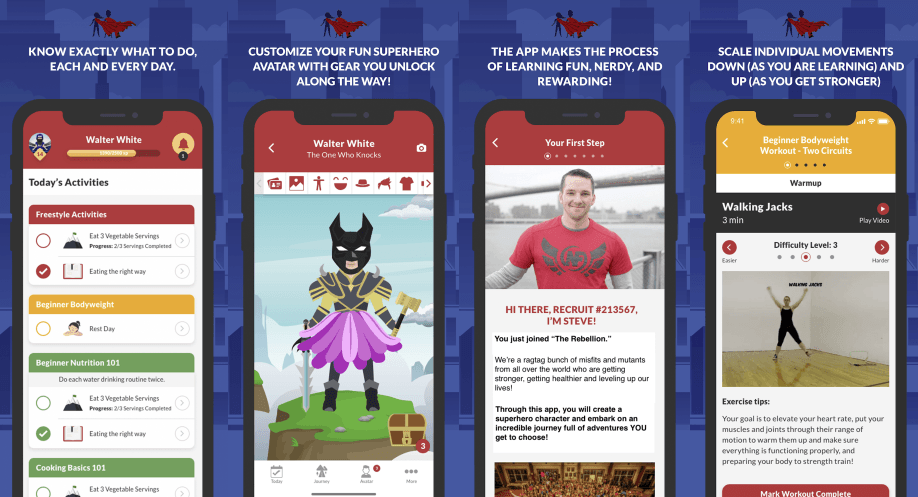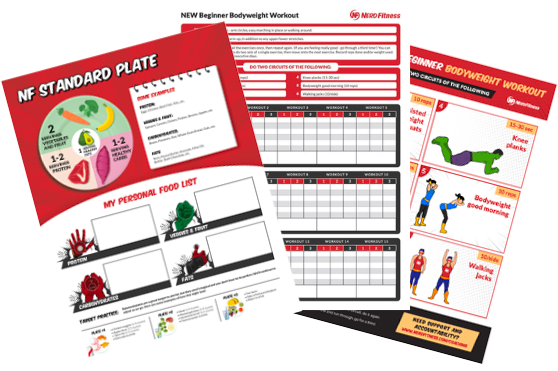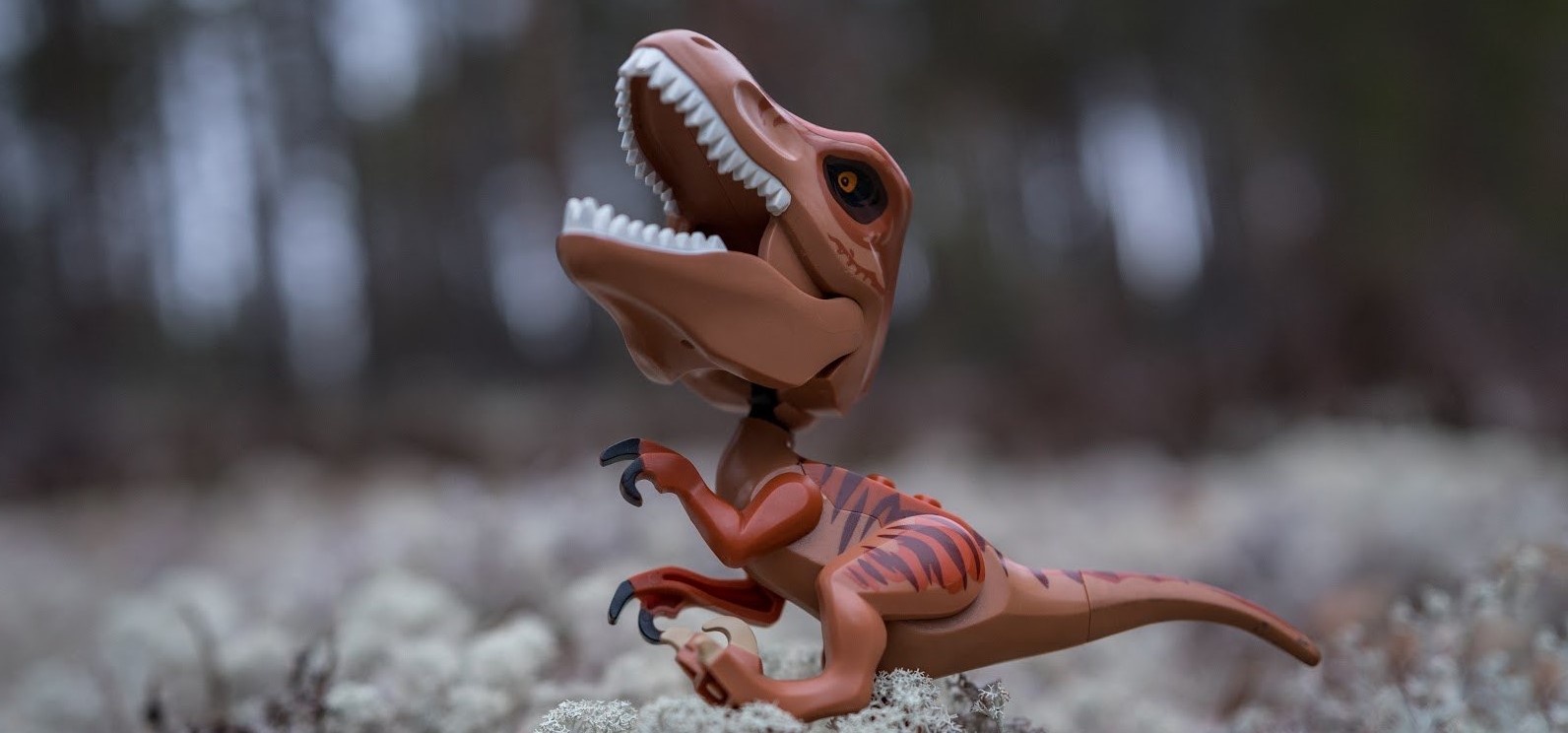
So you’ve decided it’s time to learn about the Carnivore Diet?
Well my friend, you’ve arrived at the right place!
We dissect different nutritional strategies for our coaching clients and we are really freaking good at it!
Here’s what we’ll cover in our guide to the Carnivore Diet:
- Question 1: What is the Carnivore Diet?
- The history of the Carnivore Diet (Surviving on an all-meat diet)
- Question 2: What are the benefits of the Carnivore Diet?
- Question 3: What do you eat on a Carnivore Diet?
- Question 4: Is the Carnivore Diet safe? Is an all-meat diet healthy?
- Bowel movements on an all-meat diet (I know you’re curious)
- Question 5: How do I start the Carnivore Diet? (Magnesium and potassium recommendations)
- Next steps for adopting a healthy diet.
Alright, it’s time to fire up the grill. Let’s talk meat.
What Is The Carnivore Diet?

In simple terms, the Carnivore Diet is the following: Eat meat. Drink water. Consume nothing else.
If you like steak, and not much more, this could be the diet for you.
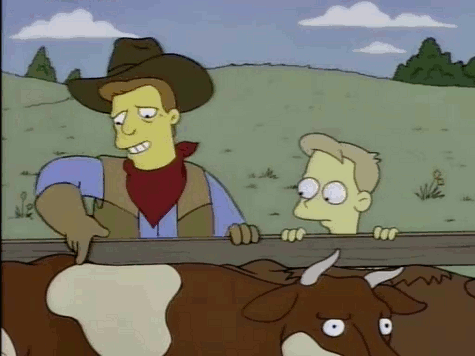
The Carnivore Diet—as the name implies—is eating only animal products. Meat, more meat, topped with meat.
An all-meat diet would avoid:
- Vegetables
- Fruits
- Grains
- Legumes
- Nuts
- Seeds
Again, you just eat meat.
Dairy MIGHT be included, depending on your interpretation of the diet. Yes, it’s from an animal. However, lactose is a sugar (carb), which might be frowned upon. It depends on who you talk to. We’ll touch on different versions of meat-eating later.
The big point of the Carnivore Diet is to eat no plant products.
The literal opposite of a vegan diet.
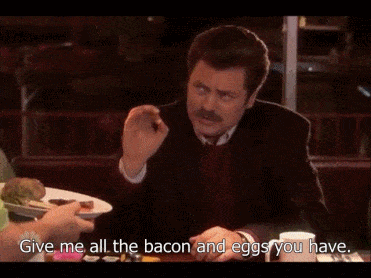
If you thought the Paleo or Keto Diet were restrictive with regards to carbs, welcome to the next level. Eating only one food group, meat, is about as restrictive as you can get. Right up there with the Potato Diet or the “30 Bananas a Day” Diet, which are both real things, but for another day.
You might have also heard of the Carnivore Diet as the “Zero Carb Diet.” However, this is a little bit of a misnomer, because there are actually some carbs in meat. They come in the form of glycogen. Although this could be nitpicking because the total carb content is minimal, but it’s worth noting.
No matter what you call it, this diet of only animal products has grown in popularity in the recent past.
But its history actually goes even farther back…
THE HISTORY OF THE CARNIVORE DIET (SURVIVING ON AN ALL MEAT DIET)

If you’re going to have a debate on the merits of eating only meat, we should probably discuss the Inuit.
The Inuit are an indigenous tribe inhabiting the Arctic. What’s important about the Inuit, for this article, is that they have traditionally eaten a diet high in meat.
There’s not a whole lot of fresh plants in the icy Arctic. Especially in the winter months, when sunlight becomes scarce. So in order to survive, the Inuit traditionally had to subsist on a diet of animal products like fish, walrus, and seal.

There just wasn’t much to eat outside of what you could hunt.
The interesting thing: the Inuit have traditionally held low rates of heart disease coupled with no nutritional deficiencies.[1] That is until, sadly, they were introduced to a more Western diet: including pizza, chips, and soda. Then as you would predict, diabetes and obesity rates rose.
The health of the Inuit, despite their restricted nutritional choices, is often referred to as the “Inuit Paradox” of a high-meat, high-fat diet.
So let’s bring things into a more modern era and chat about Vilhjalmur Stefansson.

Stefansson was a Harvard-educated Arctic explorer born in 1879. If you’re imagining some type of wiley-Indiana-Jones-like character, you wouldn’t be wrong.
When exploring the Arctic, Stefansson lived off the land, by adopting the Inuit way of eating mostly meat. At first, Stefansson did it out of necessity. But then a Carnivore Diet became his preference. When he returned to his home, Stefansson commented on how an all-meat diet made him feel the leanest and healthiest.
Stefansson may be one of the first proponents of a “no-carb diet,” as he gave many interviews and reports on his experiences of eating like a carnivore.
He even wrote an article where he discussed his adventures in the Arctic, including why he adopted an all-meat diet.[2]
An important point on Stefansson: he prized the fattiest cuts of meat he could find, and ate unconventional parts of an animal, just like the Inuit. Stefansson explained that he varied between, “steaks, chops, brains fried in bacon fat, boiled short-ribs, chicken, fish, liver, and bacon.” So yeah, not just ribeyes…
Why is the Carnivore Diet becoming popular now?
Simply put, a man named Shawn Baker.
Baker literally wrote the book The Carnivore Diet.
Now, before you send me an email explaining that Baker’s license to practice medicine in New Mexico has been revoked, let me say that I’m aware. And it is noteworthy.
However, I don’t want this fact to prevent us from looking at the ideas and evidence of an all-meat diet, especially considering the fact that you’re reading this to get the real story!
Despite the controversy surrounding Baker, there does seem to be anecdotal evidence on the benefits of eating only meat. There’s an entire subreddit of people consuming only animal products, claiming it’s helped them in all sorts of ways.[3]
Folks report losing weight, curing autoimmune diseases, and raising testosterone. All by forgoing any kind of plant product.
Which is a good segway into our next section…
What Are The Benefits Of The Carnivore Diet?
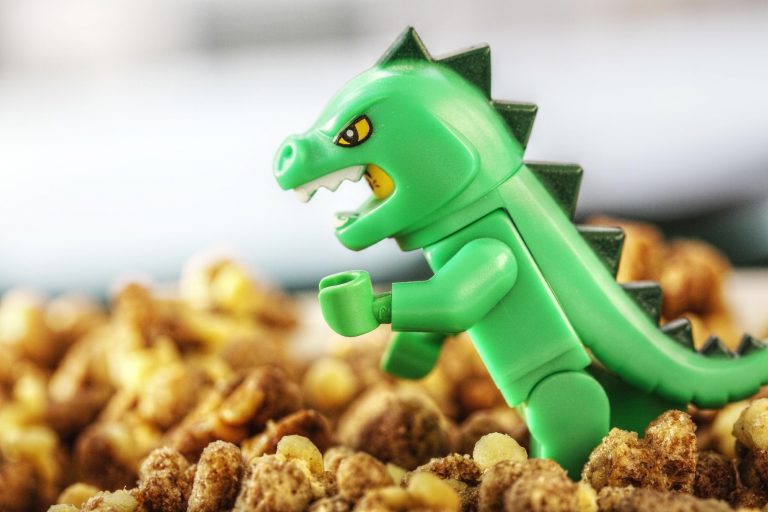
The benefits of the Carnivore Diet rests on two points:
- Potential for weight loss.
- To identify food intolerances or allergies.
Let’s look at both of those:
To lose weight, you need to expend more calories than you consume. And if all you are consuming is meat, you’re cutting out most major food groups.
Like, all of them, except one.
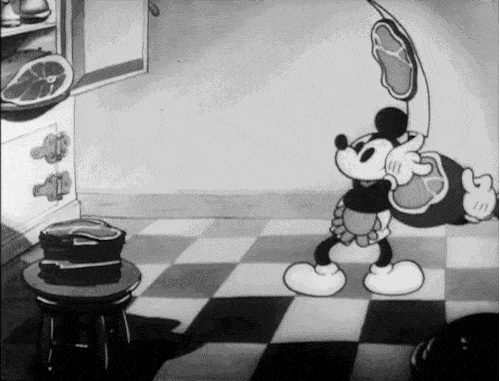
And meat can be very satiating, meaning it’ll keep you feeling full and under your calorie intake goal for the day. So I imagine a lot of folks following the Carnivore Diet are just subconsciously eating fewer calories than they were in the past.
That’s why I believe a lot of the anecdotal evidence of people achieving weight loss success with this diet.
However, as I point out in the “Which Diet is Right For Me?” article, any diet that results in calorie restriction will likely work when it comes to weight loss – at least in the short term.
You can lose weight on the Twinkie Diet, but that doesn’t necessarily make it sustainable or healthy!

So, whether it’s the Carnivore Diet or Intermittent Fasting or Paleo, if you have a plan and can sustain it indefinitely, permanent results will probably follow.
We’ll touch on this again later.
Onto Point #2: How about eating only meat to fix food allergies or intolerances?
If you have a food intolerance, it means you have some sort of negative reaction to a specific type of food. Gluten or dairy or nightshades, for example. Eliminating these potential causes for illness or discomfort in an attempt to see how your body responds makes logical sense.
And in fact, many scientific studies rely on some sort of elimination or oligoantigenic diet (another term for an elimination diet), to identify potential allergy issues in patients.[4]

The big difference is, a lot of these elimination diets are designed to be temporary, with the goal being to reintroduce many safe food groups over time. Conversely, the Carnivore Diet aims to eliminate these permanently. In other words, there is no reintroduction stage. You just keep eating meat.
What’s so special about meat, and why eat only animals? The argument goes something like this:
#1) Meat protein is highly bioavailable. Animal protein has all the amino acids you need to live. And since you yourself are animal meat (weird to think about), the thought is your body doesn’t have to do many conversions for utilization.
Also, some nutrients like creatine, carnosine, and vitamin B12 are only found in meat. The argument goes, that eating meat is the easiest thing to support your own meaty body.
#2) Meat is a low allergen threat. Except for some seafood and shellfish, most people are not allergic to meat, especially red meat.[5] That’s often why elimination diets okay red meat, as long as it hasn’t been processed and pumped full of additives (potential allergens).
However, it is worth noting there is a tick whose bite has been linked to creating an allergic reaction to red meat specifically.[6] Nature can be cruel. However, for the most part, people are not very allergic to meat.
#3) Phytonutrients in plants can be pesticides. Since plants don’t have legs to run away from a hungry critter, they have to rely on other means to escape being eaten. Sometimes, it’s an outer barrier, like bark. However, it can also be chemical warfare, with plants producing toxins to poison, kill, or just bother whatever animal is eating them.[7]
The theory goes that people can be allergic to these chemicals. Now, we’ve evolved to handle these phytonutrients, and they actually provide health benefits for most.[8]
That’s why many health professionals encourage the consumption of vegetables, fruit, and grain. However, people can indeed be allergic to certain phytonutrients, so the argument from the pro-all-meat camp states to avoid them completely.
There’s a counterargument for each point above, which we will get to. However, the carnivore community does have some interesting objections to eating plants.
Okay, so we’ve discussed why people would eat only meat.
What’s this Carnivore Diet actually look like?
Is it as simple as it sounds? We’ll explore the ins and outs of an all-meat diet in just a moment.
First, if you are trying to lose weight and wondering if the Carnivore Diet is the solution, I’m proud of you for at least THINKING about different nutritional strategies that might align with your lifestyle and goals.
Lots of our coaching clients come to us with all sorts of different fitness questions, like what to eat and how to exercise, proving we all start from unique situations. The important thing is that you’re beginning to ask questions and looking for answers.
If you want help on your journey, we’re here for you. Our 1-on-1 Online Coaching Program partners busy people just like you with a coach who will get to know you better than you know yourself.
WHAT DO YOU EAT ON A CARNIVORE DIET? WHAT’S ALLOWED ON A ZERO CARB DIET PLAN?
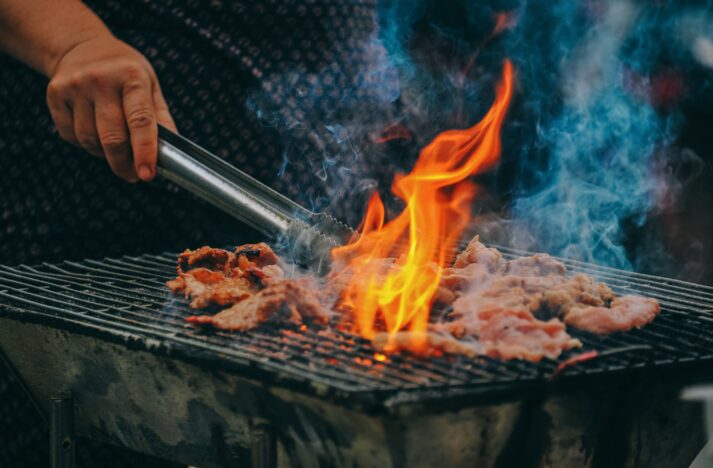
I thought about answering this section’s question with one word, “meat,” and moving on. However, there are some specifics and alternatives worth discussing for the Carnivore Diet meal plan.
First, if it’s an animal, it’s allowed on the Carnivore Diet:
- Beef. The primary meat of choice for those on the Carnivore Diet seems to be beef. Shawn Baker practically lives on ribeye steaks at home and ground beef patties when he’s out and about.
- Lamb. Another red meat often consumed on an all-meat diet.
- Pork. You have permission to eat bacon on the Carnivore Diet, or other pork products.
- Fowl. Our feathered friends are acceptable on an all-meat diet. Chicken, turkey, duck, etc.
- Fish. If it swam, go for it. Even if it didn’t (muscles, oysters), if it’s an animal from the sea it’s fair game.
A good rule of thumb: if a Tyrannosaurus rex that’s escaped from its pen would eat it, you can eat it too.
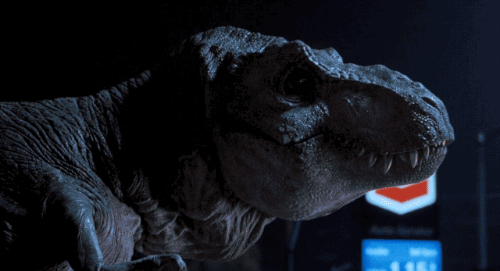
Just a little dino humor here. Though Triceratop Tri-Tip would also fit the menu.
I know your next question: “Steve, how about dairy? It’s an animal product. Yay or nay?”
Technically, dairy can be allowed, as it’s from a cow.
However, some advocates of the Carnivore Diet say skip it altogether, because of the possible concern of lactose intolerance.
It’s not the only gray area on an all-meat diet.
How about coffee or tea? Well, they aren’t from an animal, that’s for sure. But the calories they contain are practically zero.
Allowed? Eh, I’d say it depends on your goal.
- If you’re experimenting with a Carnivore Diet for weight loss, yeah, why not? Because again, there are almost no calories there.
- If you’re doing an all-meat diet to determine possible food intolerances, it should be noted that people can be allergic to coffee or tea. That’s why many elimination diets advise against them for a while.
The same argument could be made for spices or herbs to season your meat. No calories, but again, potential allergens. Outside of salt, any kind of seasoning allowance will depend on who’s advising you on the Carnivore Diet and why you’re doing it.
And you might want to think about proper advice when following an all-meat diet.
IS THE CARNIVORE DIET SAFE?

Most dietitians would advise against eating a Carnivore Diet. Because, you know, the whole no fruits or veggies thing. And while here at Nerd Fitness, we believe in questioning everything (Rule # 8), the medical community might have a point on this one.
Now, I personally don’t put tremendous stock in the sensationalized headlines that state red meat is the most dangerous thing you can eat.[9]
However, I don’t think this provides a giant green light to live on nothing but red meat either.
There are some things you really need plants and vegetables for. Some examples:
- Betaine is a vital nutrient needed for liver function. The best source? Spinach.
- Potassium is an electrolyte needed to help regulate blood pressure. Bananas, avocados, and leafy greens are great sources for potassium. While there is some potassium in meat, it’s debatable if it’s enough.
- Magnesium is a mineral that your body requires for literally hundreds of bodily functions. The best source? Greens, like spinach.
- Fermentable fiber is critical for our stomach’s microbiome. And in recent years, our knowledge of how important gut health is for overall wellbeing has grown.[10] Eating an all-meat diet could have a big impact on gut health, because of the complete lack of fiber found in animal flesh.
- Phytonutrients found in plants can provide hormetic stress. I mentioned earlier that plant phytochemicals can act as pesticides. Well, we’ve actually evolved to handle these pesticides, and our cells become stronger after eating them.[11] Sort of like how exercise stresses our body, but then we responded with more strength. Nature is clever like that.
And let’s circle back to both the Inuit and Harvard explorer examples from above. There are two things they did that most modern Carnivores probably aren’t doing:
- They ate all sorts of different cuts and pieces of meat. The Inuit and Stefansson did not just eat lean pieces of caribou. They’d eat eyeballs, brains, and other organ meat, where a lot of extra nutrients can be hidden. They would also eat whale skin, which contains vitamin C.[12] These “unconventional” cuts of meat hide a lot of extra nutrients the Inuit needed to thrive.
- The Inuit traditionally did eat some plants. While granted, there’s not a lot of fresh greens up in the Arctic. There are some though, which the Inuit would eat when available.[13] The Inuit would dine on berries, sea vegetables, and certain mosses when in season. While these plant products made up a small portion of their overall diet, it still provided them with additional vitamins and nutrients to complement their carnivore leaning ways. So it would be inaccurate to say they ate only meat.
So they’re not just eating lean chicken breast and grass-fed fillets. They’re eating the organs and other portions of animals that are LOADED with nutrients.
If you want to learn how to eat the entire animal, this book might help.
But let’s get back to the challenge at hand.
Who knows what a diet devoid of vegetables can do to the body? The scary thing about that question is the answer: no one knows. That’s because there are no clinical trials done on a long-term Carnivore Diet.

Some in the pro-all-meat camp will cite this as a defense. No one has studied eating only meat. Perhaps their potassium requirements are different?
While an interesting counterargument, I veer away from the extremes when it comes to diet, especially if you don’t plan on making the changes permanent. Double especially with diets as extreme as a Zero Carb Diet.
I try to keep things simple, and not vilify or deify certain foods.
- Carbs are not inherently evil.
- Fat is not a health food.
- Butter is not a superfood just because you put it in your coffee.
- Protein is just one piece of the equation.
Our stance: I would advise against the Carnivore Diet, especially in the long term. And no diet should be started if it’s only going to be done temporarily. This creates temporary results. And the idea of only eating meat seems incongruent with a healthy, long lifestyle.
Maybe one day, the anecdotal claims of the benefits of an all-meat diet will be verified. For now, I don’t think there’s enough evidence in support, but enough to be concerned about pinning one’s health future on it
You do you, but be careful.
Sigh, you’re gonna try it, aren’t you?
Welp, I’ll get to my advice in a moment.
But there’s no way we can’t talk about…
BOWEL MOVEMENTS ON AN ALL MEAT DIET
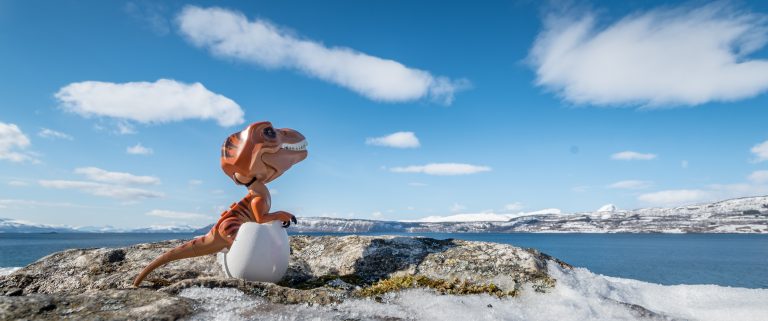
Eating only meat is going to impact how and when you go to the bathroom. There’s no way out of it. Every person who writes about their experiences on a Carnivore Diet addresses it.
For one, the lack of fiber means you are going to poop less frequently.
Poop is made out of mostly water (75%), but it’s also composed of bacteria, protein, and fiber.
If you eat no plants, you aren’t getting fiber, which means less poop.
Also, when you go #2, it will likely be mushier (gross). Again, the no fiber thing.
It should be noted, however, that followers of an all-meat diet claim that while they don’t go to the restroom as frequently, they do not feel constipated. They simply don’t have to go.

So, ah, yay, less bathroom time?
I’ll also add some confusion to this section, by addressing a study that demonstrated people actually eased constipation by reducing or eliminating dietary fiber.[14]
My thoughts on this study come back to balances and extremes. You need some fiber, but with anything, you can have too much as well.
Okay, I think we talked about poop enough today. We had to do it though. You know in your heart this is true.
HOW DO I START THE CARNIVORE DIET?

If you don’t heed my warning and decide to try the Carnivore Diet anyway, there are some things to consider.
Mark Sisson from Mark’s Daily Apple[15] has some great suggestions on ways to potentially make a Carnivore Diet more sustainable:
- Take magnesium. As I said a little bit ago, it wouldn’t be a joke to say your body runs on magnesium. I would hedge my bets and take a supplement.
- Consider a potassium supplement. If you start to experience light-headedness and cramps, you may be deficient in electrolytes. Outside of magnesium, potassium would be a likely culprit since there isn’t much in meat. Bone broth would be a good source, but you might have to make your own because it’s normally mixed with veggies.[16]
- Eat eggs. It’s an animal product. Plus, it’s got all the ingredients (and nutrients) to make a bird. This could help with some of your potential nutritional deficiencies.
- Eat liver. The liver is one of the most nutrient-dense organs found in the body. Mark Sisson calls it “nature’s most bioavailable multivitamin.”
So think about a supplement or two and don’t just live off ground beef. Animal organs are very nutritious. And maybe sneak in some occasional greens as the Inuit did.
Lost?
No worries, we got your back. Whether you’re following an all-meat diet or heading the opposite direction and eating only plants, we can provide the support and guidance you need to make it work!
EATING A HEALTHY DIET PERMANENTLY
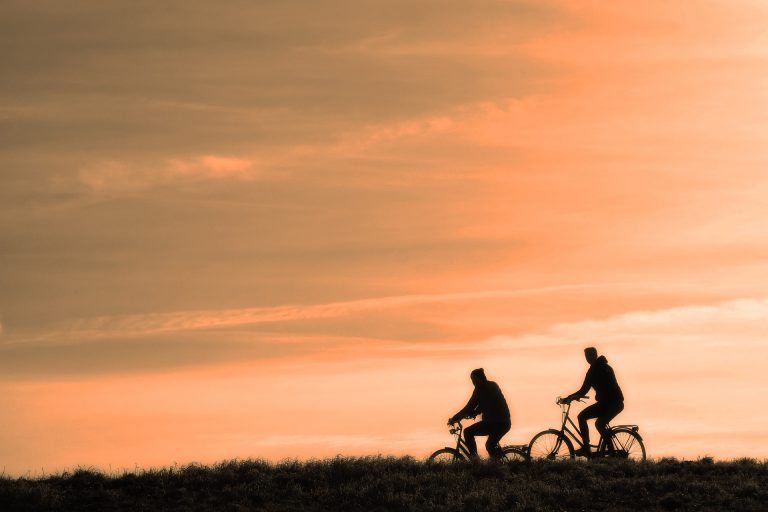
I don’t advocate diets that are designed to be unsustainable or short term.
And don’t even get me started on cleanses.
In the fitness world, we call them “crash diets.” While they may indeed help followers lose weight, they are not designed for the long term. If you go back to your normal way of eating after your temporary change in diet, you’ll likely regain all the weight you lost. This can prove to be a frustrating step in the fitness journey.
That would be one of my main concerns on the Carnivore Diet. It just doesn’t seem sustainable to me, which means any benefits you derive from it would disappear as soon as you go back to how you formerly ate.
The other concern would be not eating vegetables.
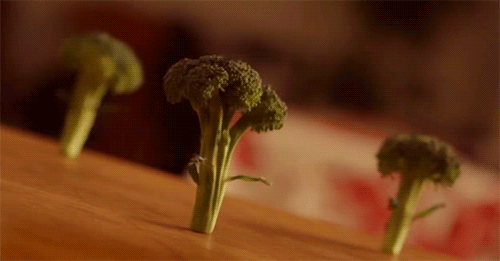
Now, if you are trying the diet to identify food intolerances or allergies, that’s one thing. However, if you’re after weight loss, I would STRONGLY advise a different path.
Try one small incremental change. Something you can stick with. Not eliminating most food groups.
Here are some small changes you can consider, as we cover in the 5 Rules of Weight Loss:
- Try drinking one less soda a day.
- Grab a side salad instead of french fries.
- Make it exercise-related and begin with just taking a five-minute walk at first.
If it’s something you can imagine doing continuously, it’s a great start. We can then work on building you a second healthy habit.
If your change seems like an impossible lifestyle for years and years, likely to be abandoned, maybe try something else.
If you are experimenting with the Carnivore Diet as a potential temporary elimination diet: track everything!
Track what you ate and how you felt each day. Even note bathroom behavior. Track it all. Then, once you have some data, you can start to reintroduce foods to see if they create an impact.
That about does it for my thoughts on the Carnivore Diet.
Want some more help from here? The perfect next step for your fitness journey?
Okay, here are my top recommendations, but only because I like you:
#1) Our 1-on-1 Online Coaching Program: a coaching program for busy people to help them make better food choices, stay accountable, and get healthier, permanently.
You can schedule a free call with our team so we can get to know you and see if our coaching program is right for you. Just click on the image below for more details:
#2) Check out NF Journey, our fun habit-building app that helps you exercise more frequently, eat healthier, and level up your life (literally).
You gain access to this app through Nerd Fitness Prime.
#3) Join The Rebellion! We have a free email newsletter that we send out twice per week, full of tips and tricks to help you get healthy, get strong, and have fun doing so.
I’ll also send you tons of free guides that you can use to start leveling up your life too:
Now, your turn:
- Am I way off on this one? Should we all be eating steak for every meal?
- Is this diet even crazier than I am alluding to?
- Have you tried it? Know someone who has?
Let me know in the comments!
-Steve
PS: Make sure to read the rest of our guides on maintaining a proper diet:
###
Photo Source: T-Rap, Tiger, Godzilla, BBQ, Wrong parcel, Deception Island’s, Stefansson, Steak, Cyclist
GIF Source: Seal, Ron Swanson, Mickey, Science Dog, Bad Idea, Mr. Bean, Simpsons, T-Rex, Owl .


